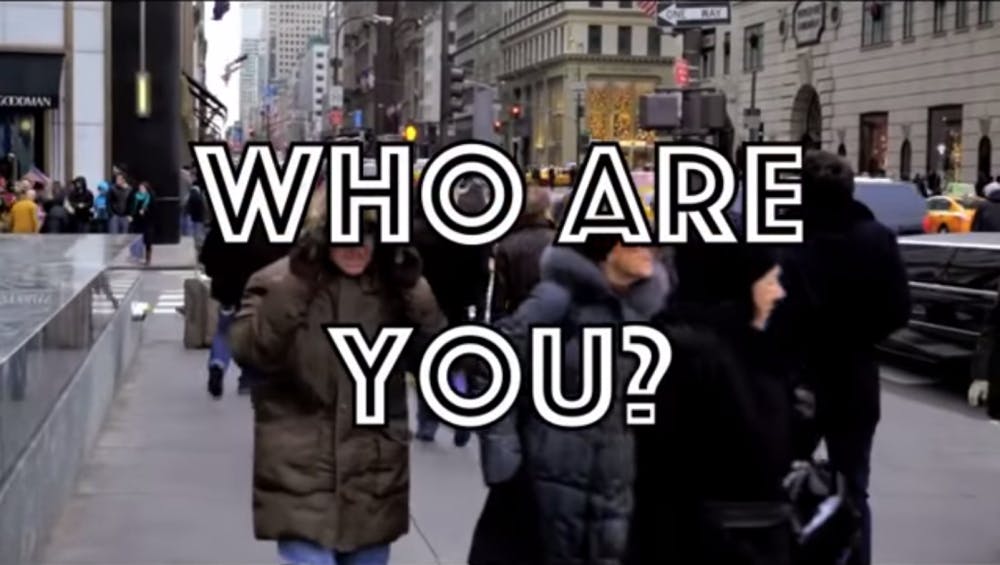To all coffee shop baristas, late-night food deliverers and boys in loud, grimy clubs— I’ve been lying to you.
My name is not Lily.
It’s not that I don’t want to reveal my identity—I’m just trying to make this exchange easier for both of us. Lily is a name you won’t ask me to repeat at least twice before gushing, “Oh, that’s so pretty” to compensate for the trouble you had understanding me the first time. Lily is a name you won’t ask me how to spell. Lily makes my life a tiny bit more convenient in a culture that’s generally not great with handling foreign names. Yes, I’m proud of my heritage, but more importantly I’m hungry.
Consciously or subconsciously, we adopt different personas for each role we play. And that’s not a bad thing. By adapting appropriately to situations, we’re not compromising our identities—just presenting different sides of ourselves. The image we project varies depending on our surroundings and peers. We act differently in a professional environment than we would with our loved ones. We share different experiences with our professors than with our friends.
Yet despite recognizing this about ourselves, we tend to treat people we don’t know as if they’re somehow different. As if they’re not as complex and multifaceted as us or they don’t exist outside of what we know of them.
We are so quick to make judgments about other people, based on a single aspect of their personalities, when really, we don’t know them at all.
Usually the first sensational thing we hear about someone creates a lasting impression in our minds. How many times has a piece of gossip about someone defined his or her whole existence to you? From that moment on, they became “that” guy or “that” girl.
But there are experiences in anyone’s life that, taken out of context, would paint a negative picture of them. The #IfTheyGunnedMeDown movement on social media last month powerfully illustrated how media portrayal can bias the public’s perspective on a story. An isolated moment is never enough to define a person’s character, yet we do just that all the time in our everyday lives.
It is so convenient to box people into a “good” or “bad” role that it seems to be almost second nature to immediately assume. Anything we hear, our brain forms an opinion. “Mean.” “Stupid.” “Trashy.” It is so easy to think of other people as flat characters that we forget how dehumanizing it is.
People are not one-dimensional. They are complicated and constantly evolving. Of course, I’m not saying that bad actions are excusable. But I do believe that condemning an action is very different from condemning a person.
It’s not always negative judgment that’s harmful either. It can be difficult to make a change when you have projected the same image for so long around a particular group. It might be uncomfortable to seriously share sincere thoughts when you are not perceived as that type of person, or to express new beliefs to old friends.
We all live incredibly full and multi-sided lives. I’m not usually Lily. Other times, depending on the family member I’m with, I’m chinna or bhuvana. Most of the time, I’m Pallavi—but even that name comes in a few differently pronounced varieties. To some people, my presence is just a random face in a lecture hall or a common sight in a study room.
If we could make a habit of recognizing each person’s complexity, we might lose the habit of reducing people down to a singular trait or action. We would be ridding ourselves of the snap reflex to pass judgment.
And in doing so, we might create an atmosphere that is safer and more accepting for all of us.
Pallavi Shankar is a Trinity sophomore. Her column runs every other Friday.
Get The Chronicle straight to your inbox
Signup for our weekly newsletter. Cancel at any time.

